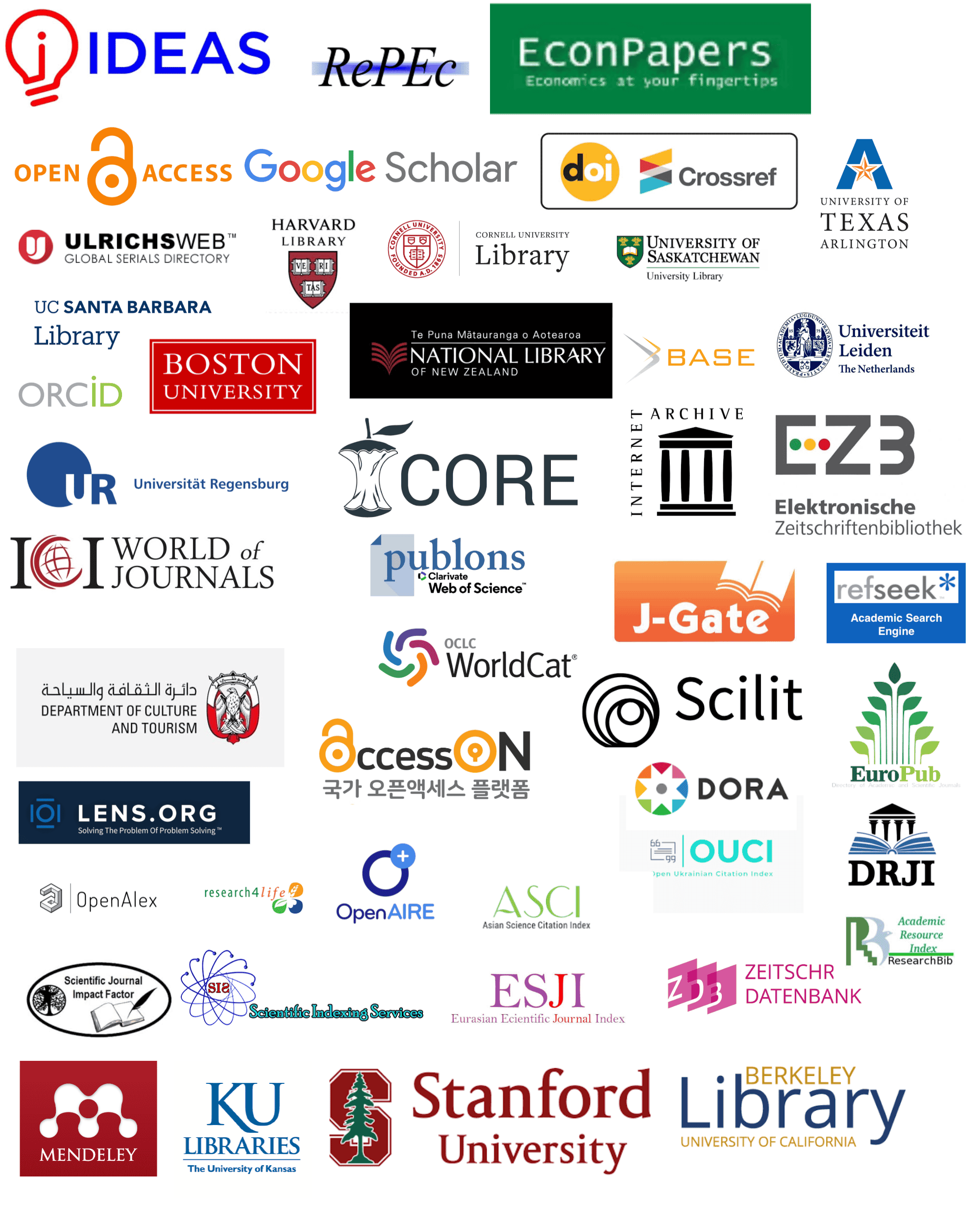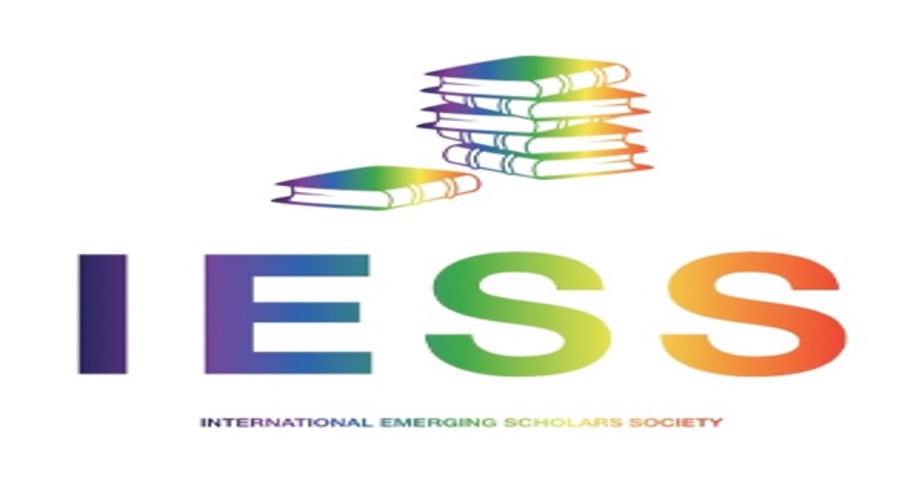Perceived organizational support and extra role performance from organizational identification standpoint: Nigerian manufacturing sector evidence
DOI:
https://doi.org/10.56879/ijbm.v4i2.86Keywords:
Organizational support; employee extra role; employee organizational identification; Nigerian manufacturing sector; employee behavior; organizational performanceAbstract
The study focused on the Nigerian manufacturing sector with the objective of proffering new solutions that will enhance the growth of the sector, whose performance has remained consistently poor over the years. It considered the human elements as determinants of organizational performance and investigated the effect of perceived organizational support (POS) on employees’ extra role performance (ERP). Perceived organizational support draws heavily on the feelings of employees that affect their level of attachment to the organization, which is organizational identification (OI) and subsequently their extra role performance. Employing a survey design, a 5-point Likert scale structured questionnaire was administered to a sample size of 351, and data were presented in frequency tables. Analysis and testing of hypothesis were performed using Spearman correlation and regression (ANOVA) at 5% level of significance. It was found that POS has positive and significant effect on employees’ ERP. This implies that the way employees carry out their functions is affected by how they view their organizations as being supportive to their individual welfare and overall wellbeing. The study recommends that policies that promote POS should be encouraged as this leads to high employees’ OI and ERP. Further recommendation is that management should encourage a work environment where employees feel a sense of belonging that will not only boost their morale but spur them into doing everything within their abilities to enhance organizational growth.
Downloads
Published
Issue
Section
License
Copyright (c) 2025 Beatrice C. Ndibe, Cyril Ogbu, Anayochukwu Odo (Author)

This work is licensed under a Creative Commons Attribution 4.0 International License.


